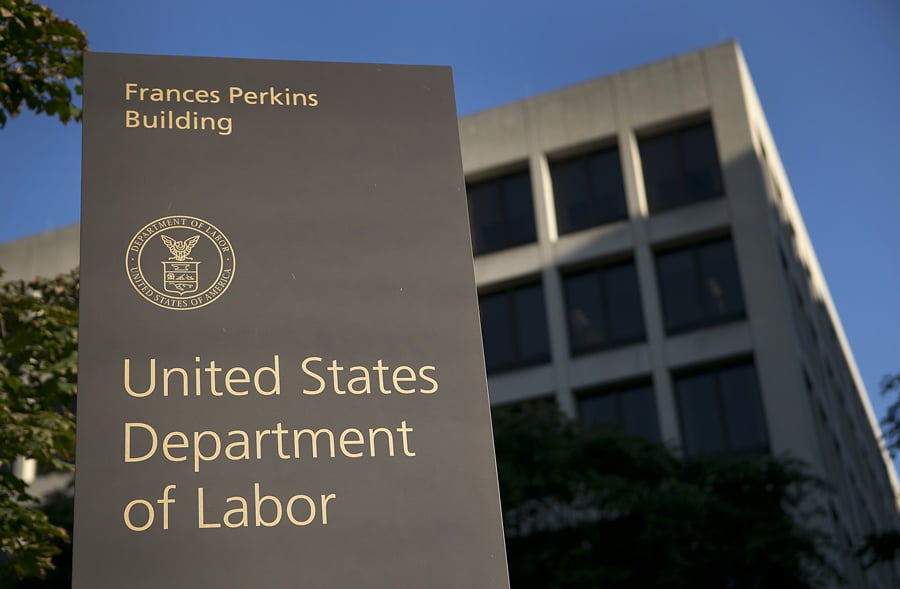

A long-awaited rewrite of a Department of Labor rule that would raise investment advice standards for retirement accounts has taken a first step toward public release.
On Monday, the DOL sent the proposed revision of its fiduciary rule to the Office of Management and Budget. The measure was supposed to be released in December, according to the DOL regulatory calendar.
There was some speculation the proposal, which would replace the original DOL fiduciary rule that was vacated in 2018 by a federal appeals court, might not see the light of day. The agency has been sidetracked by its response to the COVID-19 pandemic, and the official directly responsible for the rule, assistant secretary Preston Rutledge, recently departed.
“It looks like it’s finally in motion,” said Jason Roberts, chief executive of the Pension Resource Institute.
The OMB could take several weeks or perhaps a couple months to review the proposal. If it is approved by the OMB, it will be sent back to the DOL, which will release it for public comment.
While the DOL works on its new fiduciary rule, the Securities and Exchange Commission’s Regulation Best Interest is due to be implemented on June 30. The SEC, through Reg BI, took the lead on investment advice reform from the DOL when the original fiduciary rule died.
The revised DOL rule and Reg BI are likely to fit together. The revised proposal could include an exemption for brokers who comply with Reg BI. That could be important for brokers advising clients on moving assets from company retirement plans to individual retirement accounts, a transaction Reg BI covers.
The revised DOL rule “is going to look like, if not point directly to, Reg BI for a prohibited transaction exemption regarding rollovers,” Roberts said.
After the original rule died, the agency put in place a temporary enforcement policy that allows financial advisers to retirement accounts to recommend investment products that present a conflict of interest as long as they abide by the impartial conduct standards of the best interest contract exemption that was part of the original rule.
The impartial conduct standards aren’t as tough as the parts of the contract that drew the industry lawsuit that killed it, Roberts said. That is creating a problem now.
“The exemption that’s out there through the temporary enforcement policy you could drive a truck through,” Roberts said. “That door had to be closed,” through a rewrite of the fiduciary rule.
But a final rule may not be promulgated until near the end of the year, which could make it vulnerable to being overturned by Congress if Democrats hold the House and take over the Senate and former Vice President Joe Biden defeats President Donald Trump.
But there are workarounds, Roberts said.
“The effective date is what really matters, and that can be manipulated,” he said.

Relationships are key to our business but advisors are often slow to engage in specific activities designed to foster them.

Whichever path you go down, act now while you're still in control.

Pro-bitcoin professionals, however, say the cryptocurrency has ushered in change.

“LPL has evolved significantly over the last decade and still wants to scale up,” says one industry executive.

Survey findings from the Nationwide Retirement Institute offers pearls of planning wisdom from 60- to 65-year-olds, as well as insights into concerns.
Streamline your outreach with Aidentified's AI-driven solutions
This season’s market volatility: Positioning for rate relief, income growth and the AI rebound
